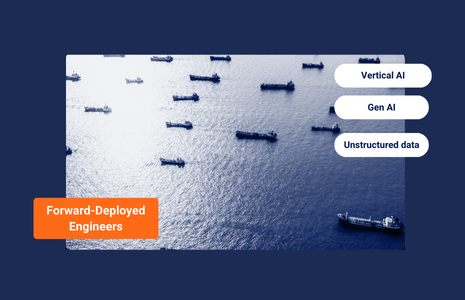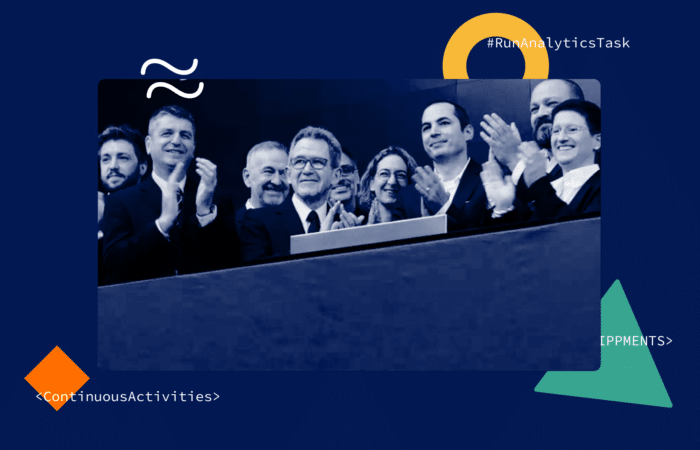A guide on deceptive shipping practices

What’s inside?
Deceptive shipping practices are tactics employed by bad actors to avoid detection and possible sanctions. But why are maritime stakeholders under the spotlight? The reason that regulators continuously shift increasing responsibility on due diligence towards the maritime ecosystem is because shipping plays a significant role in the global supply chain. This fact hasn’t been overlooked by regulators, as they. The recent advisory from U.S. authorities has, for the first time, detailed the responsibilities and expectations that private businesses connected to the maritime sector must adhere to.
OFAC numbered seven deceptive shipping practices that should be part of an effective compliance process. But simply knowing about them is not enough. How do you identify deceptive shipping practices with traditional matching tools? Well, you can’t. Bad actors today have become experts of their craft and the only way to keep up is with dynamic, AI-powered tools.
As trade sanctions increase, knowing which vessels you can safely do business with is of growing importance across the wider business environment. Today, it is not enough to “Know Your Customer” (KYC); you need to “Know Your Vessel” (KYV). And only strong tools are capable of identifying real-time risk factors at the vessel level.
We recently published a guide on exactly what executives need to know when it comes to deceptive shipping practices. Below are some key takeaways:
- New decade, new standards – recent advisories published by U.S. and U.K authorities have raised the bar for players across the supply chain
- Goodbye matching tools – Identifying deceptive shipping practices is drastically different from traditional sanctions list screening.
- By analyzing vessel behaviors, organizations can proactively identify counterparties that may expose them to sanctions risk.
A sophisticated regulatory environment calls for a sophisticated solution. So what should you do? Onboard more tools and train more staff? The resulting costs and resources, without necessarily more accuracy, can outweigh the benefits. To help our partners manage at risk at scale, Windward automatically vets risk, while accounting for hundreds of risk factors in real-time.















